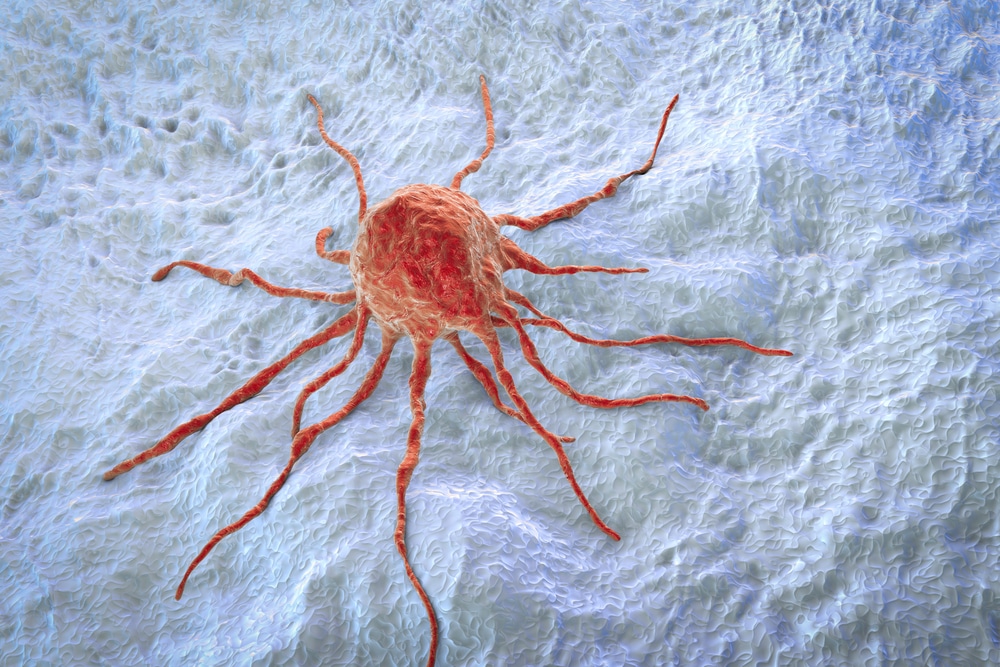Newsletter Signup - Under Article / In Page
"*" indicates required fields
The Hadassah Cancer Research Institute (HCRI) at the Hadassah University Medical Center in Jerusalem, Israel, is to lead CanceRNA, a global consortium aiming to apply RNA-based therapeutics to successfully unlock anti-cancer immune responses.
While RNA-based therapies, namely mRNA vaccines, shone during the pandemic and saved millions of lives, they have yet to be successfully tested in cancer therapies. The HCRI hosted the opening meeting and workshops of CanceRNA in Jerusalem this month to plan, collaborate and advance the aims of the international consortium to impact the future of cancer treatment.
The CanceRNA team, led by Michal Lotem, Head of HCRI, the Center for Melanoma and Cancer Immunotherapy, and Rotem Karni, Department Chair at Biochemistry and Molecular Biology, Hebrew University-Hadassah Medical School, will focus on two main goals.
Two goals for CanceRNA consortium
First, will be harnessing the modulation of RNA processing to increase the immunogenicity of “cold” cancers, which lack genomic mutations, to exploit abnormal transcripts and evoke immune response; and second, enhancing the activity of the immune system by retargeting immune effector cells, modulating RNA splicing of key immune receptors and developing personalized mRNA vaccines.
The team is composed of RNA researchers, clinicians and biotech-pharma experts in RNA processing, RNA drug design and delivery, biocomputing and immuno-oncology: Lynne Maquat of the University of Rochester; Maria Carmo Fonseca of the University of Lisbon; Juan Valcarcel of the Center for Genomic Regulation in Barcelona; Tanja DeGruijl of the University of Amsterdam; Niels Schaft of the University of Erlangen; Erez Levanon of Bar Ilan University; Seth Salpeter of Immunyx; Pablo Menendez of Jose Carreras Leukemia Institute in Spain; Evelien Smits of the University of Brussels; and Regine Shevach, Simon Geissler and Daniel Helman of Merck.
“CanceRNA will initially focus on two cancer types, acute myeloid leukemia, relevant for pediatric cancer, and uveal melanoma, both of which harbor splicing factor mutations and that are generally refractory to immunotherapy,” Lotem said.
“Our hope is to utilize RNA-based therapeutics to overcome what until now, have been key barriers to successful anti-cancer immune responses. The combination of experts from all over Europe in the fields of RNA biology, immunology, bioinformatics and drug transport will propel the development of the next generation of immunotherapy cancer treatments,” added co-CanceRNA leader Karni.
Oncology R&D trends and breakthrough innovations







